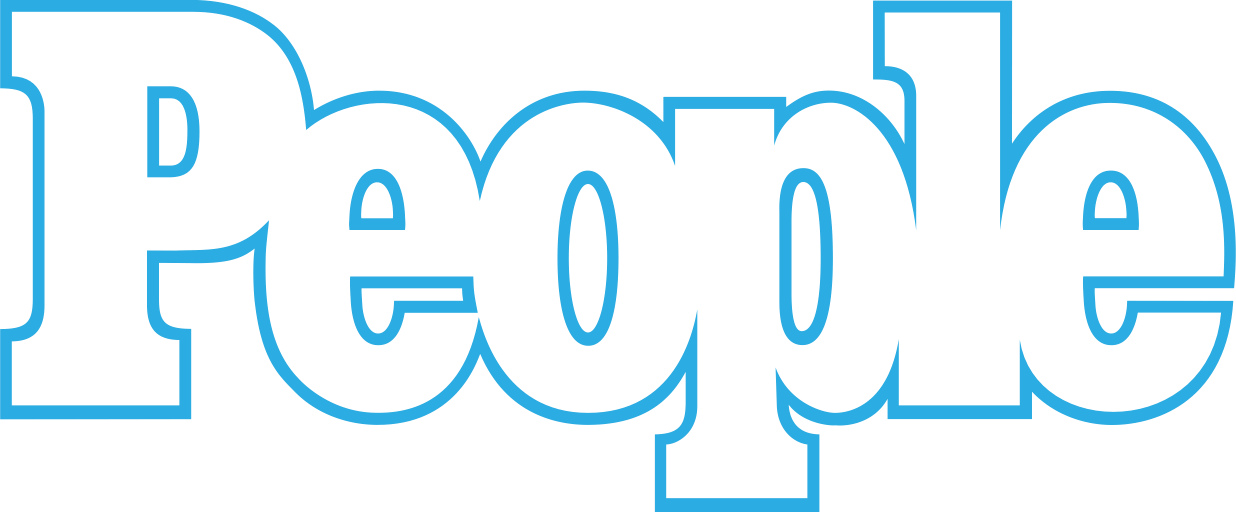









Rhinoplasty, or a nose job, is a surgical procedure that changes the shape of the nose for either cosmetic or medical reasons. While many get rhinoplasty for cosmetic reasons to change their appearance, there are several medical conditions and injuries that require this surgery for health reasons which are covered by insurance. In this article we will look at the types of rhinoplasty covered by insurance and what makes you eligible for it. It is important to consult with your insurance provider to understand the specifics of coverage for rhinoplasty.
A deviated septum is when the nasal septum, the cartilage that divides the nasal cavity, is off center or crooked and causes breathing difficulties and other problems. Symptoms of a deviated septum include:
Most insurance plans cover the cost of surgery to fix a deviated septum, septoplasty, when it is deemed medically necessary. This includes cases where the deviation is severe enough to impair breathing or cause chronic sinus infections. You will need to provide documentation from a medical professional to confirm the severity of the deviation and the related health issues.

Accidents and injuries can cause significant damage to the nose, both cosmetically and functionally. Common causes of nasal injuries include:
In these cases a medical nose job is often required to restore function and may be covered by insurance.
Insurance covers rhinoplasty for nasal injuries when it's part of the reconstructive process to restore normal function. This may involve straightening the nose, fixing fractures or correcting any other structural damage. Medical records of the injury and the need for surgery are required for insurance approval.
Sleep apnea is a serious sleep disorder where breathing stops and starts repeatedly. A physical examination is often conducted to assess nasal structure and determine the medical necessity of the procedure. Obstructive sleep apnea, the most common type, is when the throat muscles relax and block the airway during sleep. Nasal obstruction can be a contributing factor that can be fixed with rhinoplasty. Functional or medical rhinoplasty can be a treatment for sleep apnea.
If chronic sinusitis is caused by structural issues in the nasal passages that can be corrected with rhinoplasty, insurance may cover the procedure. The surgery will improve sinus drainage and relieve the symptoms. Medical records and a doctor's note are required for insurance approval.
Cleft lip and palate are congenital deformities that affect the nose's structure and function. These conditions can cause breathing, eating and speaking difficulties and often require surgery.
Rhinoplasty to correct the structural issues related to cleft lip and palate is usually covered by insurance as it's part of the reconstructive process to improve function and appearance. Multiple surgeries may be required over time and each must be documented and justified to the insurance company.
Various birth defects can affect nasal function and require surgery. These may include:
Insurance covers the surgical correction of congenital nasal deformities when it impairs breathing or other nasal functions. Medical records and doctor's note are required.
In addition to the above mentioned conditions, insurance may cover rhinoplasty for other medical reasons such as:

While rhinoplasty can improve the appearance of the nose, it's important to differentiate between cosmetic and medical rhinoplasty. Insurance doesn't cover cosmetic procedures done for aesthetic purposes. Cosmetic rhinoplasty procedures are usually more expensive and not covered by insurance. But if a rhinoplasty is done for medical reasons and includes cosmetic improvements, insurance may cover the medically necessary part of the surgery.
To be eligible for insurance coverage for rhinoplasty the following steps are usually required:
Choosing the right plastic surgeon for your rhinoplasty is important for the best possible outcome, medically and aesthetically. Here's why New Jersey Plastic Surgery:
We perform these surgeries at Premier Surgical, a AAAASF accredited facility.
Rhinoplasty can be a game changer for those with medical conditions that affect nasal function. Knowing what conditions are covered by insurance and going through the approval process will get you the best results. Cosmetic surgery is not covered by insurance, but medically necessary rhinoplasty is. If you think you may be a candidate for medically necessary rhinoplasty, call a qualified plastic surgeon to learn more and start your journey to better health and wellness. For more information or to schedule a consultation, contact us today.
New Jersey Plastic Surgery 29 Park St, Montclair, NJ 07042
Our New Jersey Plastic Surgery cosmetic specialists are ready to help you achieve your aesthetic goals with the most advanced treatments the cosmetic industry has to offer. Contact us today to take your first step toward a more beautiful you.